2004 BMW H2R Concept
- Story Cars
.png/v1/fill/w_320,h_320/file.jpg)
- Nov 4, 2024
- 2 min read
The 2004 BMW H2R Concept, short for "Hydrogen Record Car," is a pioneering racecar designed to run on liquid hydrogen fuel. Developed in only ten months under Dr. Raymond Freymann's direction, the H2R aimed to showcase BMW’s commitment to sustainable, high-performance technology. Using a modified 6.0-liter V12 engine adapted from the gasoline-powered BMW 760i, the H2R generated 232 horsepower (173 kW) and achieved an impressive top speed of 301.95 km/h (187.62 mph). It incorporated BMW's Valvetronic and Double-VANOS technologies, proving that hydrogen power could be fast, clean, and efficient.
On the technical front, the H2R’s body is constructed from a lightweight aluminum space frame covered in carbon fiber-reinforced plastic (CFRP), helping to reduce weight to a mere 1,560 kilograms (3,440 pounds). This sleek, single-seater design was shaped in a wind tunnel, achieving an aerodynamic drag coefficient of only 0.21. The vehicle measures an impressive 5.4 meters (212.6 inches) in length, emphasizing its unique form and advanced engineering.
The H2R's performance was proven at BMW’s Miramas Proving Grounds in France, where it set nine international and FIA-certified records for hydrogen combustion engine vehicles in 2004. These records include achieving 301.95 km/h over a kilometer with a flying start and 292.66 km/h over a mile with a flying start, among others, demonstrating the vehicle’s impressive speed and efficiency.
Adding an artistic layer to its legacy, the H2R was transformed in 2007 by Olafur Eliasson for the BMW Art Car Project. Named Your Mobile Expectations, the art piece involved removing the H2R’s alloy body and creating an interlocking framework of reflective steel, encased in ice by spraying 530 gallons of water over several days. This icy sculpture, glowing from within, was displayed in a temperature-controlled room at the San Francisco Museum of Modern Art.
The H2R also paved the way for BMW’s Hydrogen 7, a production hydrogen-fueled sedan based on the 760Li, though this model did not gain widespread adoption. BMW produced 100 units of the Hydrogen 7 and distributed them to influential figures to promote hydrogen-powered technology. Although the Hydrogen 7 was later discontinued, BMW has continued to research and develop hydrogen fuel technology, leading to further fuel cell research vehicles, including a low-volume production model set for release in 2021. The H2R remains an iconic example of BMW's innovative vision for sustainable, high-performance vehicles.














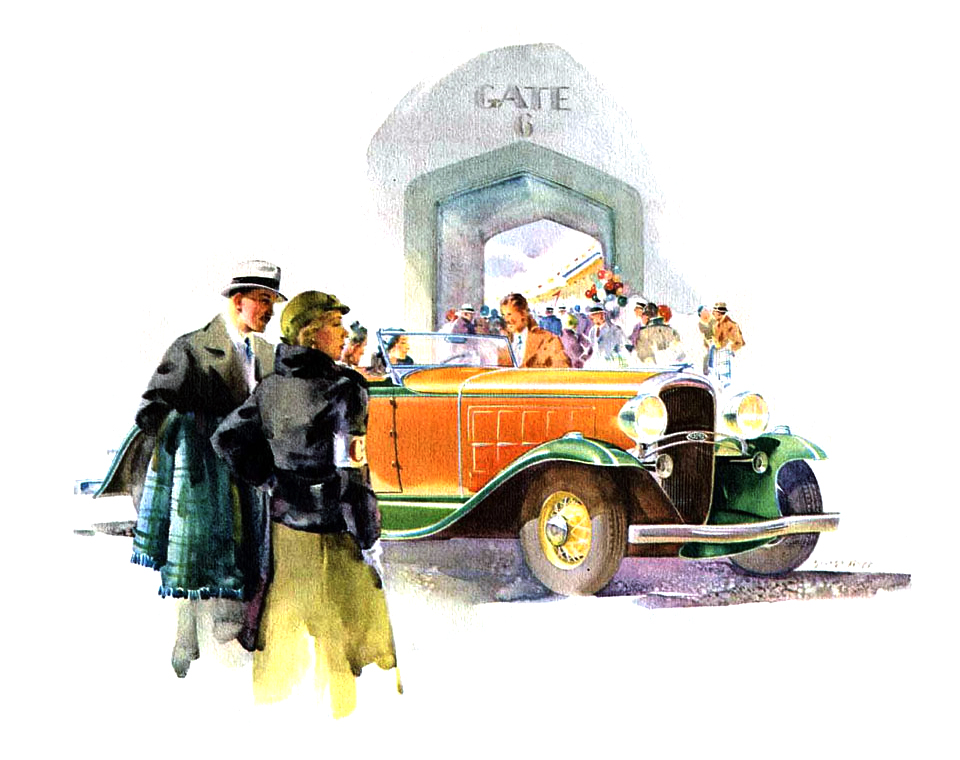
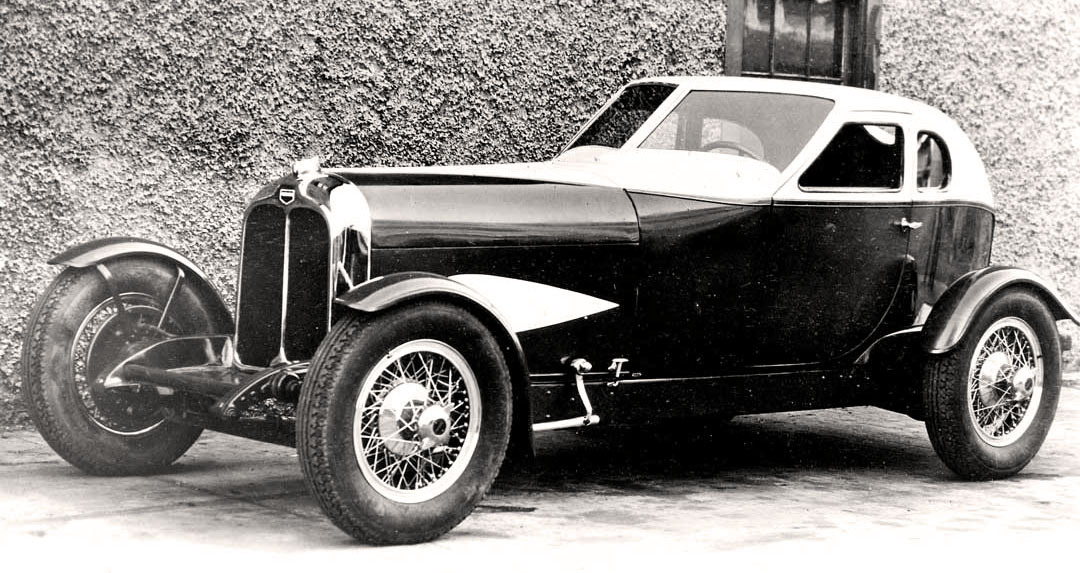
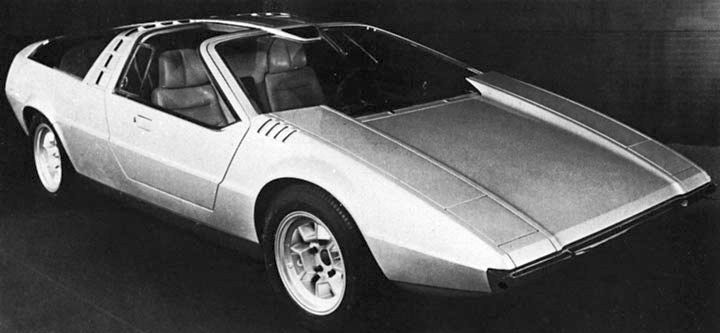






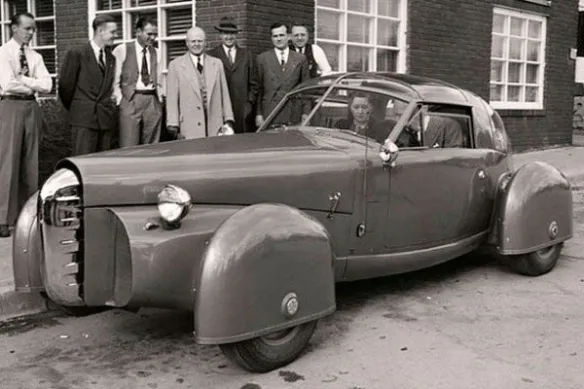



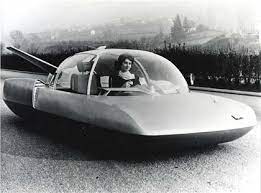

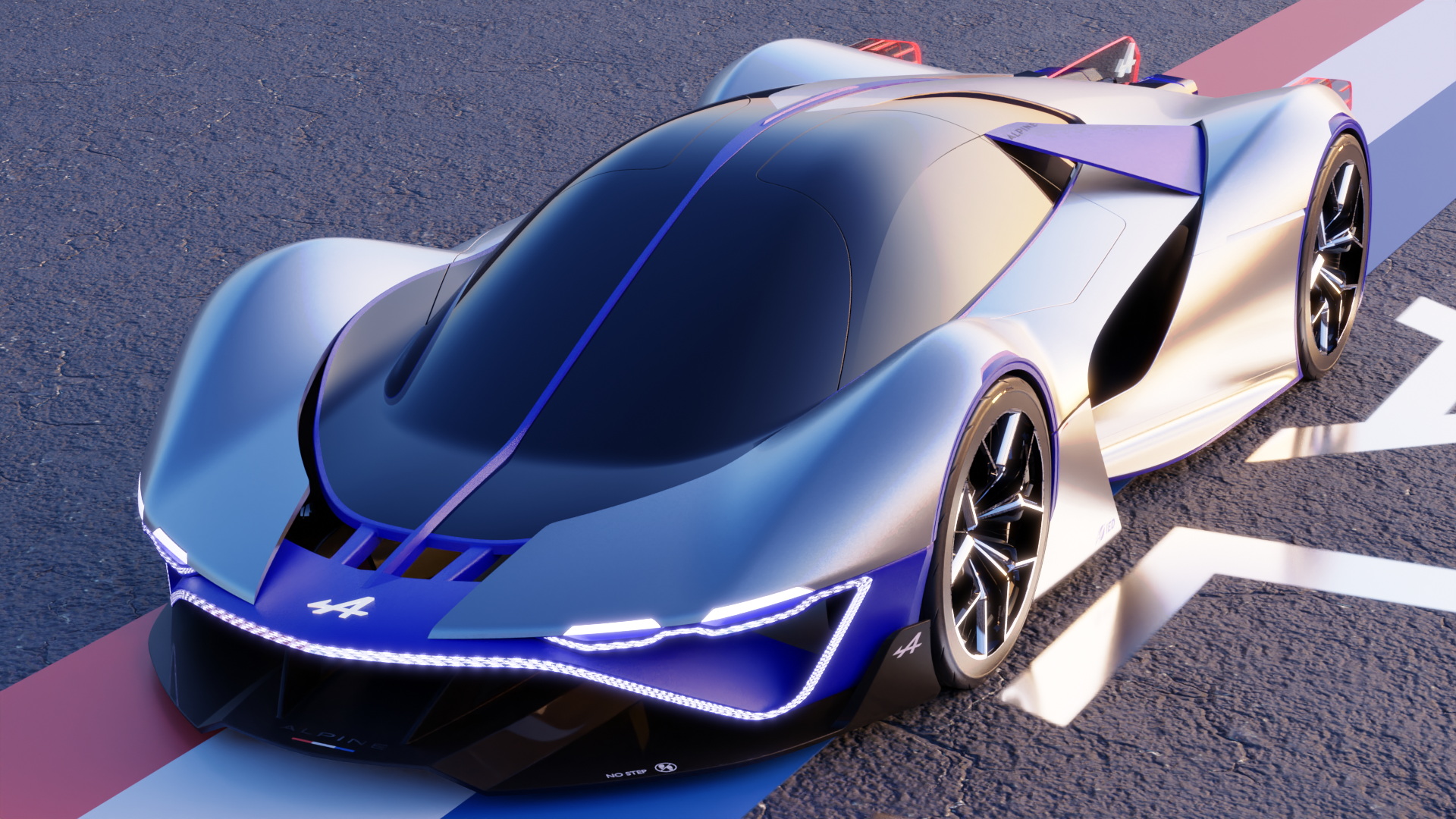
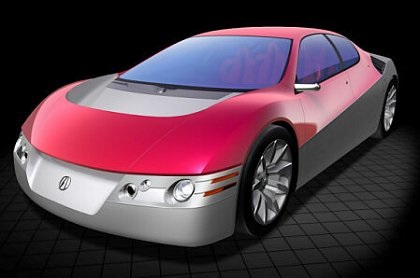

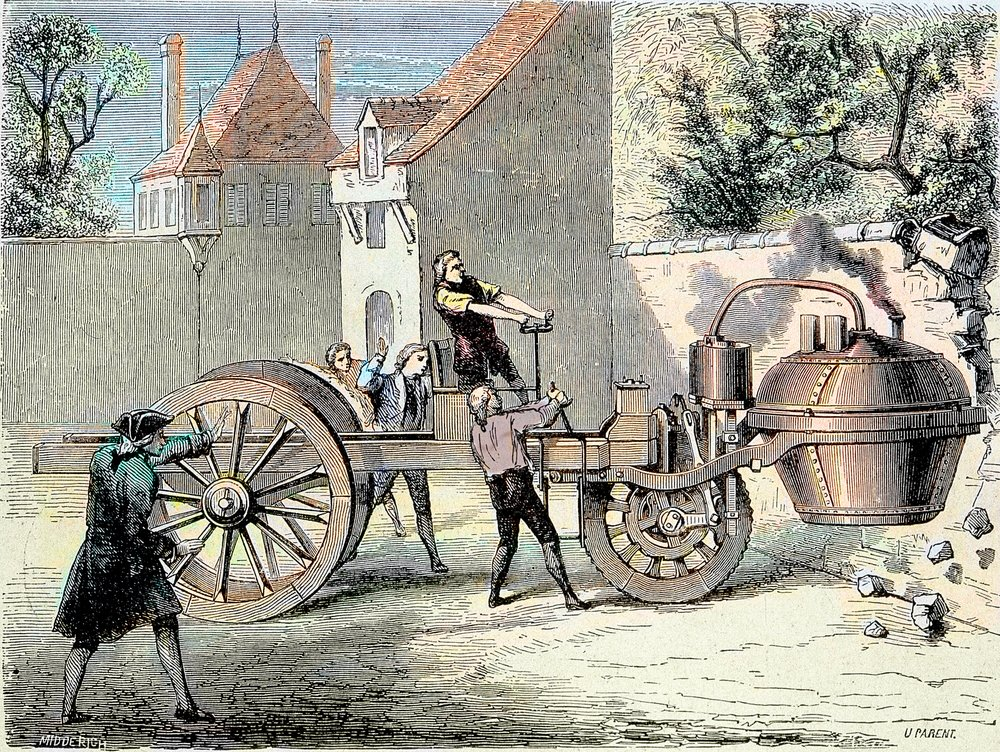
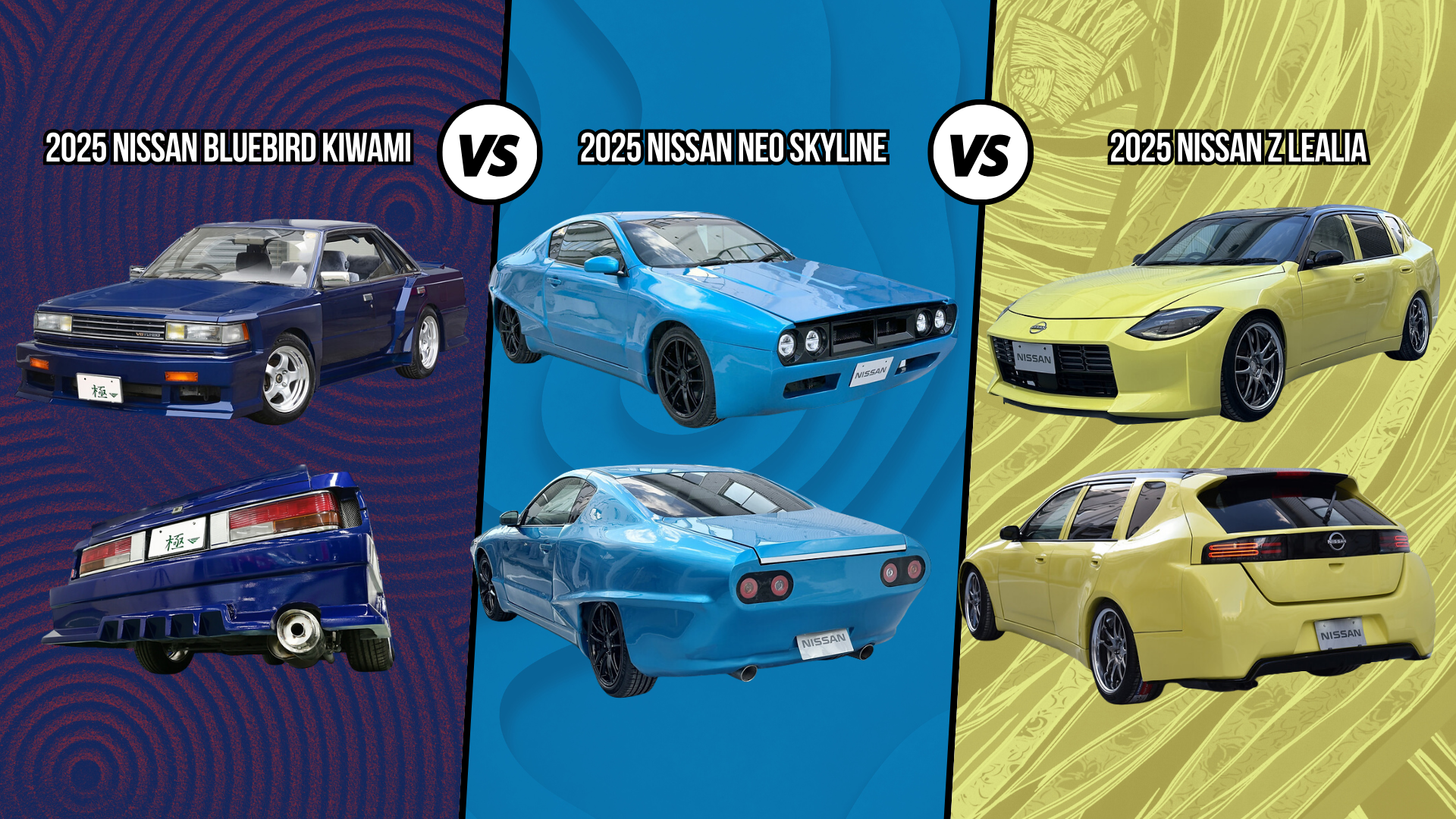
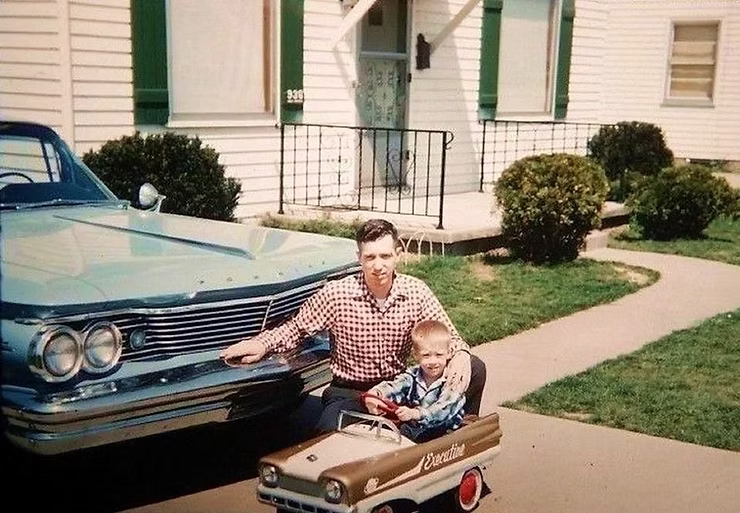
Comentarios